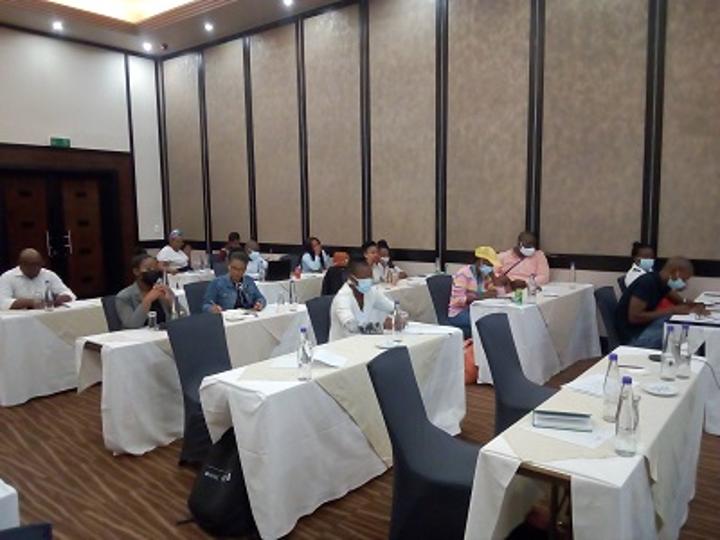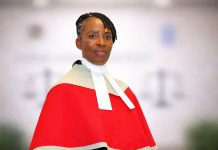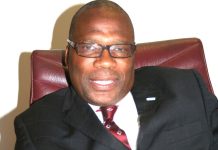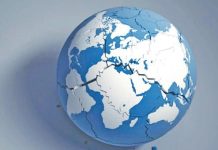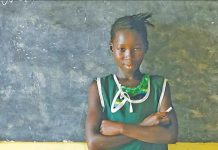Africa-Press – Lesotho. Ahead of the international Human Rights Day slated for December 10th, the United Nations (UN) has conducted a workshop for journalists on reporting about human rights based
stories. A two-day event will end today. The UN Human Rights Officer Advocate Lineo Tsikoane said human rights apply to all of us equally and are interdependent.
“As the media you have an important role to play in disseminating information on where people can go when their rights have been violated,” she said. One of the presenters, a Kenya based
multimedia journalist who works in the intersection between journalism and human rights, Mustapha Dumbuya said journalism is “the extension of human rights”.
He added that journalism is about freedom of speech and freedom of expression. What we hope to achieve in the next two days is to leave this training grounded on what human rights is.
“The impact of stories on people’s lives is where journalism meets with human rights. Governments have a duty to ensure that people [realize] their rights.
The media, as a public good, has a duty to hold governments accountable and ensure they meet their domestic and international obligations,” he said. Dumbuya also mentioned that human rights are
not “privileges” but “entitlements”. He further highlighted what human rights means to the audiences. A South African based Journalist and Podcaster Jedi Ramalapa’s presentation talked on the importance of the language in
reporting. She said gender stereotyping is “harmful” as it “violates” women’s rights. Ramalapa also touched on the reporting which perpetuates violence in that they place a blame on the victims of sexual
violence wherein they are shown as having “agreed to sexual acts” by being portrayed as not dressed “modesty”. Some of the topics explored are gender sensitive reporting and intersection between journalism and human rights.
Reflecting on the training, one of the participants, Nicole Tau who is the journalist with the MNN Center for Investigative Journalism said the training is
impactful and “inspiring”. “I’ve realized that there are so many issues in human rights violations that are worth reporting on, issues that have been going under the radar because as media we tend to follow trends, and that is
something we need to deviate from. “I’ve personally realized that we live in a society where plenty of people are not aware of their human rights. It is therefore journalists’ duty to
disseminate this information in a form of news making, as we’ll as to ensure that the government meets its domestic and international obligations,” she submitted. Tau further said as journalists, it is important that they report positive-impactful stories to the public.
For More News And Analysis About Lesotho Follow Africa-Press

